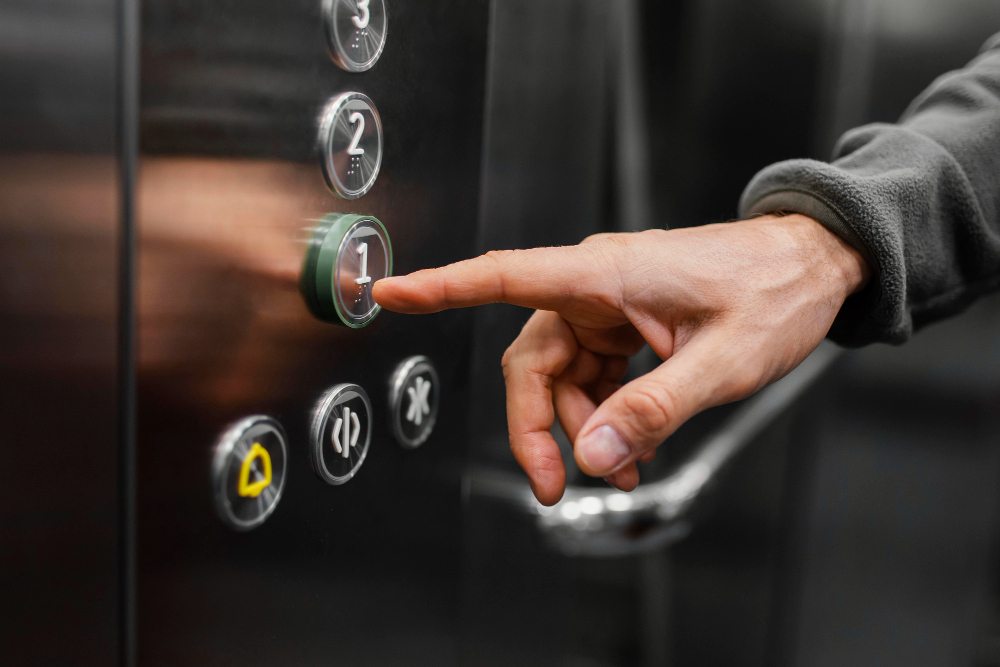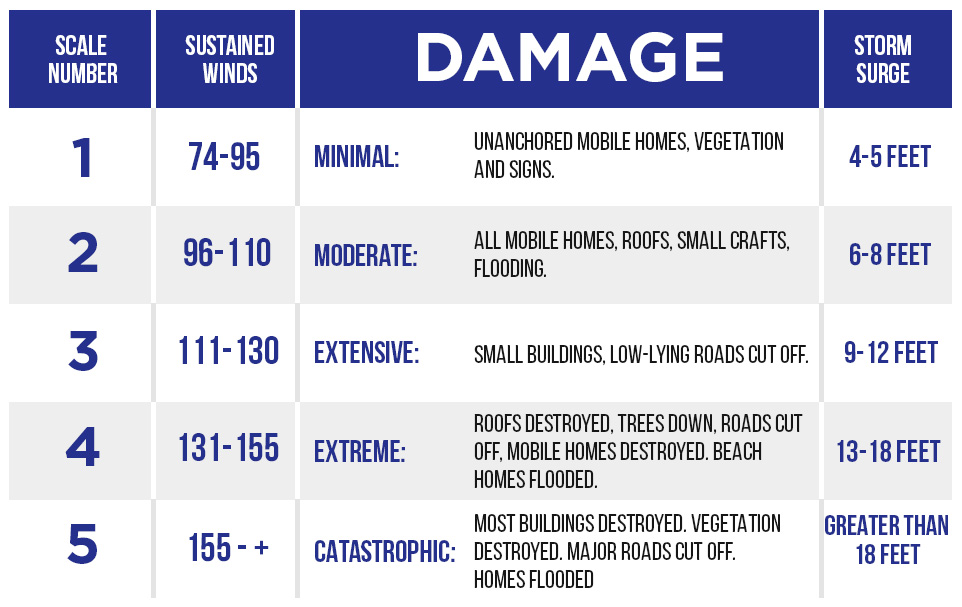Elevator Safety Code Update in Florida: What You Need to Know

In a recent development, the Florida building code has been updated, impacting over 80,000 elevators across the state, including the elevators in the SWFL area. These changes are crucial for ensuring elevator safety, and they revolve around the American Society of Mechanical Engineers (ASME) code A17.3, which sets the standards and compliance guidelines for commercial elevators. One significant provision, 3.10.12, mandates that an elevator car should not move while the cabin doors are open. This code is enforced by Florida’s Department of Business and Professional Regulations and requires elevator owners to comply by December 31, 2023. This article explores the implications and requirements of this code update and how property owners and managers can ensure compliance.
Understanding Elevator Door Lock Monitoring (DLM)
One of the key aspects of these code changes is Door Lock Monitoring (DLM). DLM has been part of the ASME A17.3 code since 2000, and it ensures that elevators only move when it’s safe to do so. This involves monitoring sensors in the elevator car’s door gate switch and the interlock on the landing door, creating a circuit that informs the controller when it’s safe to operate the elevator with closed doors.
The Impact of the Upcoming Deadline
The impending changes will significantly impact property owners and managers, who are just beginning to realize their effects. With a potential 80,000 elevators in Florida requiring adjustments, time is running out to meet the compliance deadline.
How to Comply With the New Elevator DLM Code Requirements
To comply with the new Elevator DLM Code requirements, here are some guidelines for elevator owners and building managers:
Elevators installed or modernized before 2000 may need new hardware.
Elevators installed or modernized before July 1, 2009, may require a software update and possibly hardware upgrades.
Controllers installed or modernized after July 1, 2009, might already be compliant, but it’s essential to confirm this with a contractor that provides commercial elevator services in Naples.
Equipment installed or modernized after August 1, 2017, should be compliant, but it’s wise to verify, as some vendors were still shipping non-compliant equipment until early 2020.
Additionally, the modernization of controllers and door equipment going forward should automatically comply with the code, making it a viable option for achieving compliance by December 31, 2023.
Historical Context: Door Lock Monitoring Code
The history of the Door Lock Monitoring Code dates back to its first mandate in New York City on January 1, 2020, following tragic incidents where elevators started moving while the doors were open, resulting in fatalities. Commercial property owners in New York City had to schedule upgrades to meet the door operator requirement by the deadline or face fines and potential elevator shutdowns.
Phase II of Operation
Aside from DLM, Florida’s Department of Business and Professional Regulations has also issued a statement regarding elevators’ Phase II In-Car Emergency Operation. Elevators installed in Florida may not be programmed correctly in accordance with the code, and compliance testing is essential.
Anticipating Future Code Compliance Upgrades
Elevator property owners in Florida should consider the potential impact of future elevator code updates. One proposed requirement is protection against unintentional car movement (UCM), which aims to prevent incidents like ascending car over-speed (ACO) motion. These potential updates emphasize the importance of staying informed and prepared.
Time Is Running Out
If you are a property owner with elevators in Florida, it’s crucial to take prompt action regarding compliance with the 2023 deadline or future modernization. Technical solutions are available and the associated costs are reasonable. However, the biggest challenge is time, as the process of obtaining necessary permits can take up to six weeks. Delaying action may result in failure to meet compliance deadlines, leading to fines and added liabilities. To ensure the safety and compliance of your elevators, it is advisable to schedule your elevator inspection today.
In conclusion, the Florida Elevator Safety Code is undergoing important changes to enhance elevator safety, particularly regarding Door Lock Monitoring. Property owners and managers must take action to ensure that their elevators comply with the new requirements to avoid hefty fines, insurance coverage cancellations, legal liabilities, and disruptions to tenants and guests. Contact General Elevator Solutions today to schedule a survey of your elevator equipment and to coordinate any necessary repair or modernization before the approaching deadline. With the code compliance requirement affecting over 80,000 elevators in the state of Florida, it’s important to take action now to ensure safety and compliance.
General Elevator Solutions is the premier choice for commercial elevator services in SWFL. We prioritize safety above all else and our technicians adhere to the highest industry standards for exceptional commercial elevator maintenance and repair. Our emergency services are readily available to minimize downtime and enhance productivity for your business. You can trust your elevators to the experts at GES.


